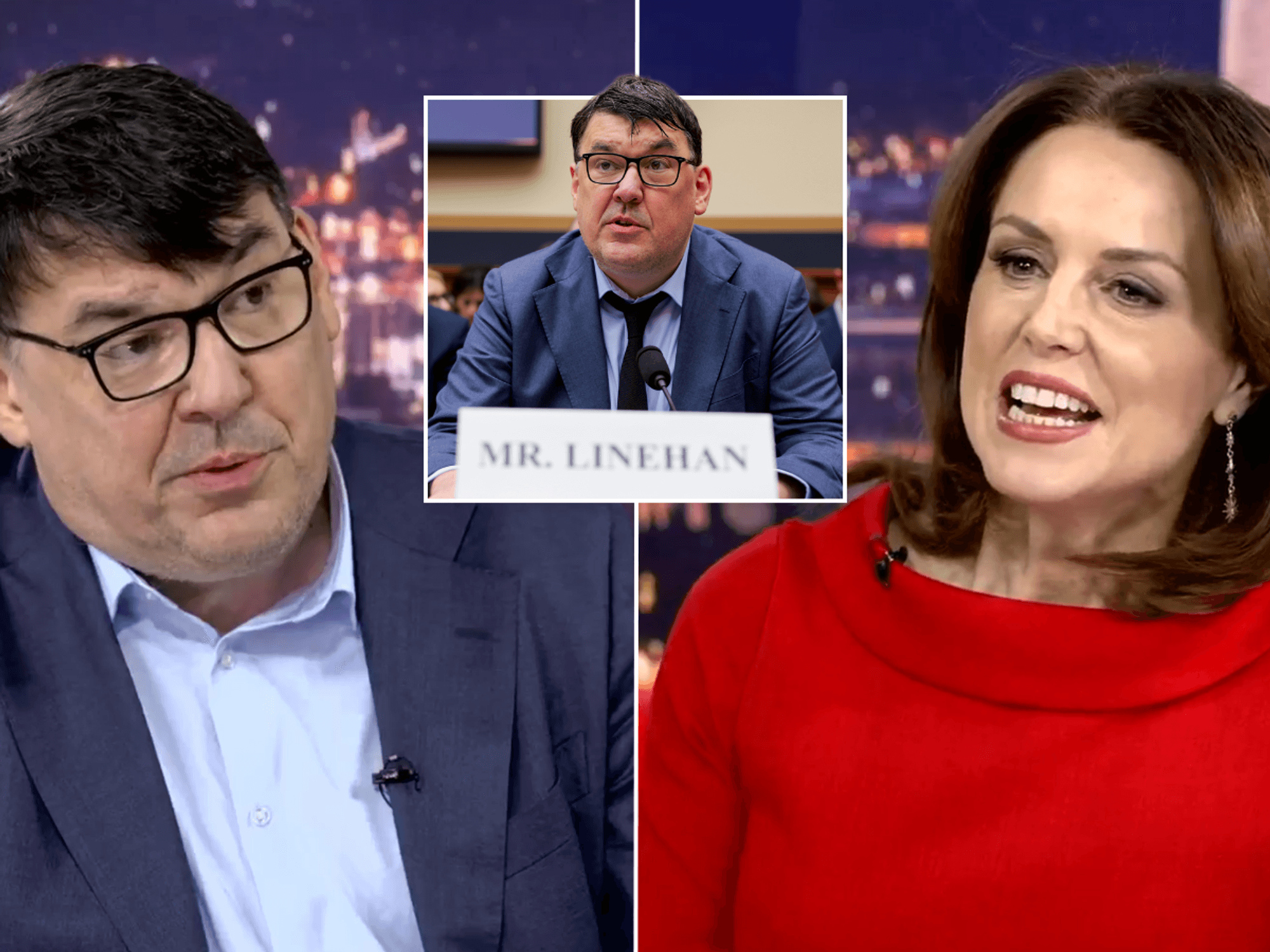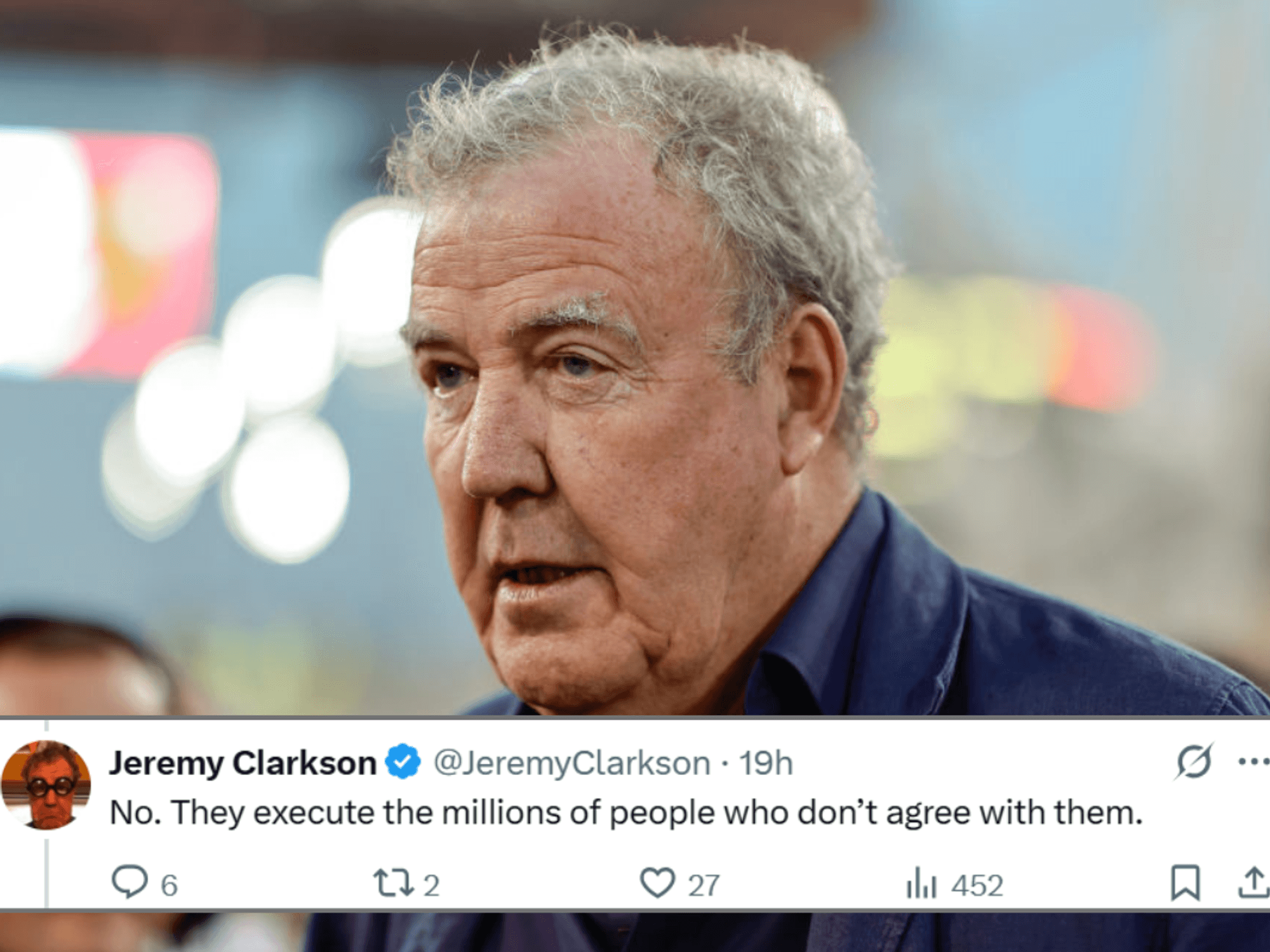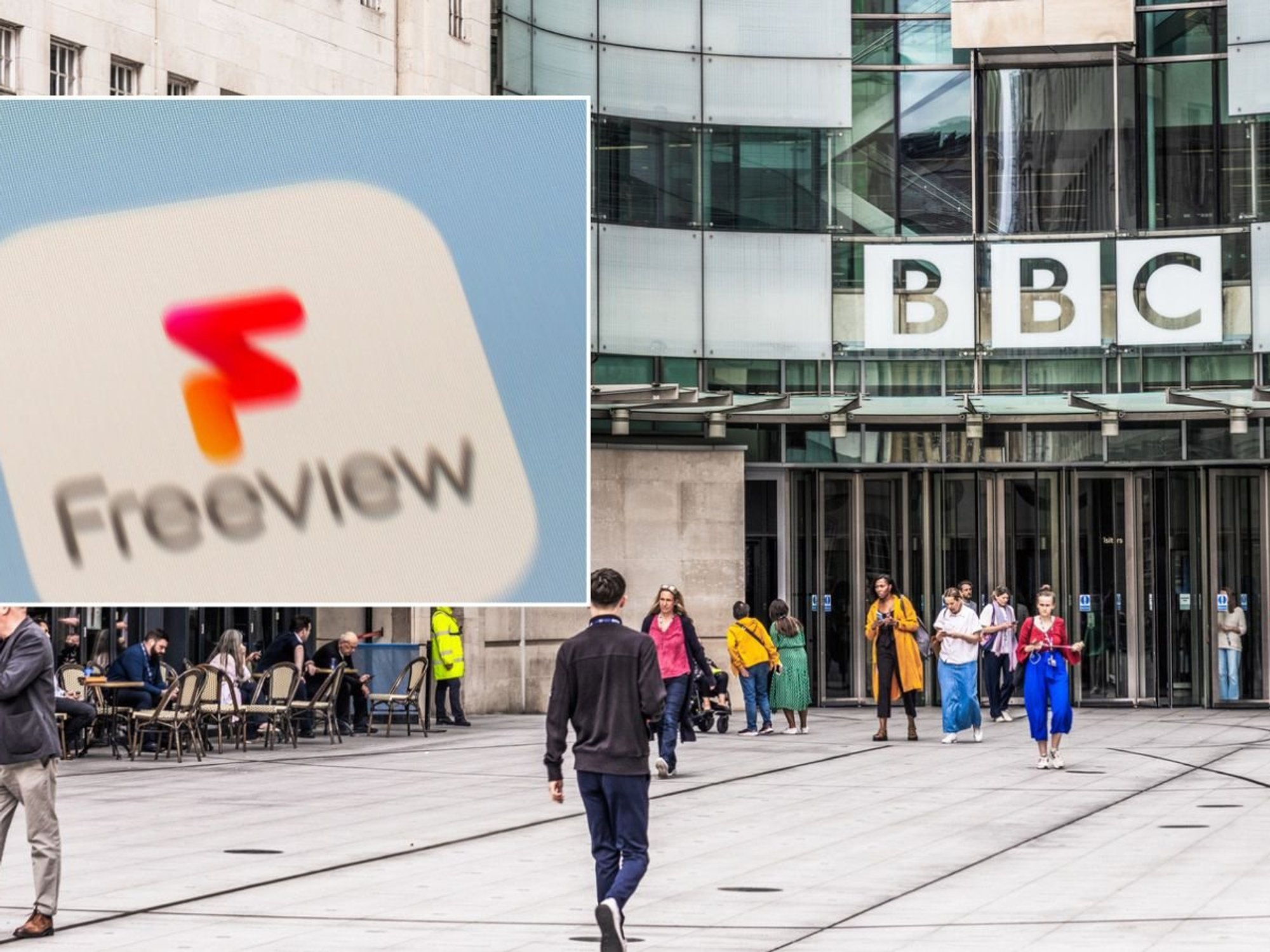GP receptionists to become 'care navigators' to help 'streamline' seeing doctor
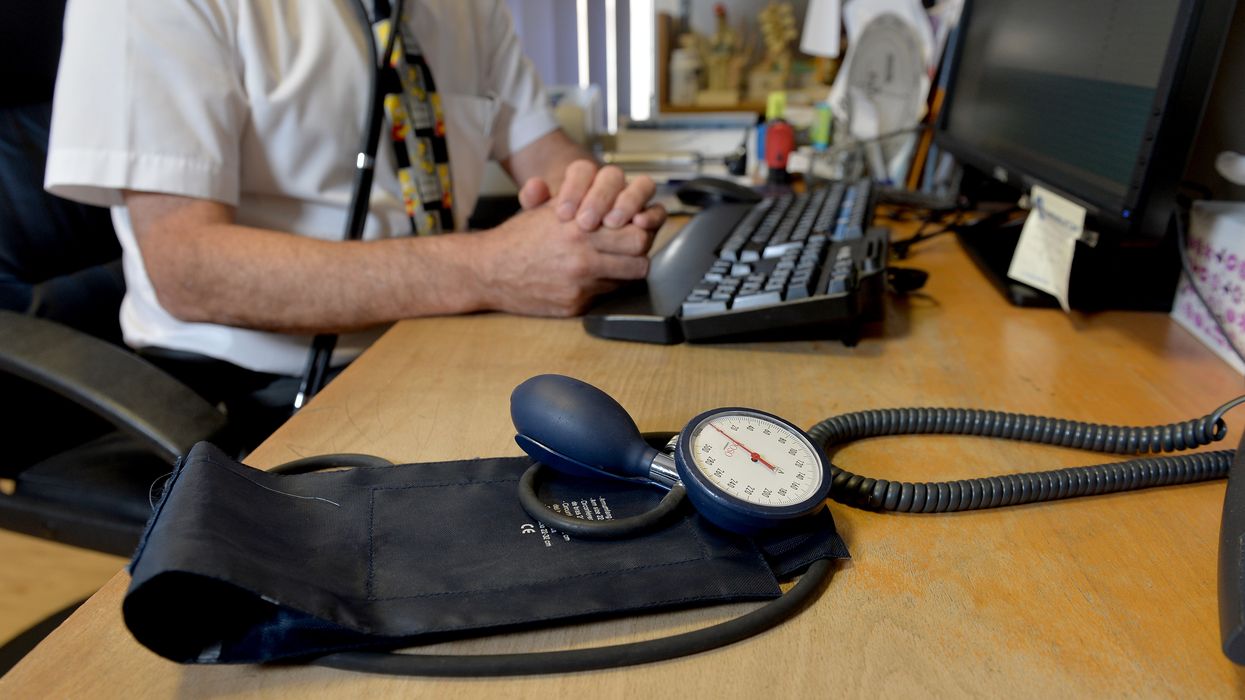
The Government will announce new measures to speed up GP services
|PA

Health Secretary Steve Barclay will unveil the Government’s new plan to speed up GP services this week
Don't Miss
Most Read
Latest
Receptionists at doctors surgeries across Britain will become “care navigators” in an attempt to streamline the process of seeing a GP as the current phone system is overhauled.
Patients across England will be promised quicker and easier access to medical care later this week.
The Government and National Health Service will unveil new measures after Rishi Sunak pledged to cut waiting lists in his five priorities as Prime Minister earlier this year.
Practices will be handed £240million this year to upgrade phone systems.
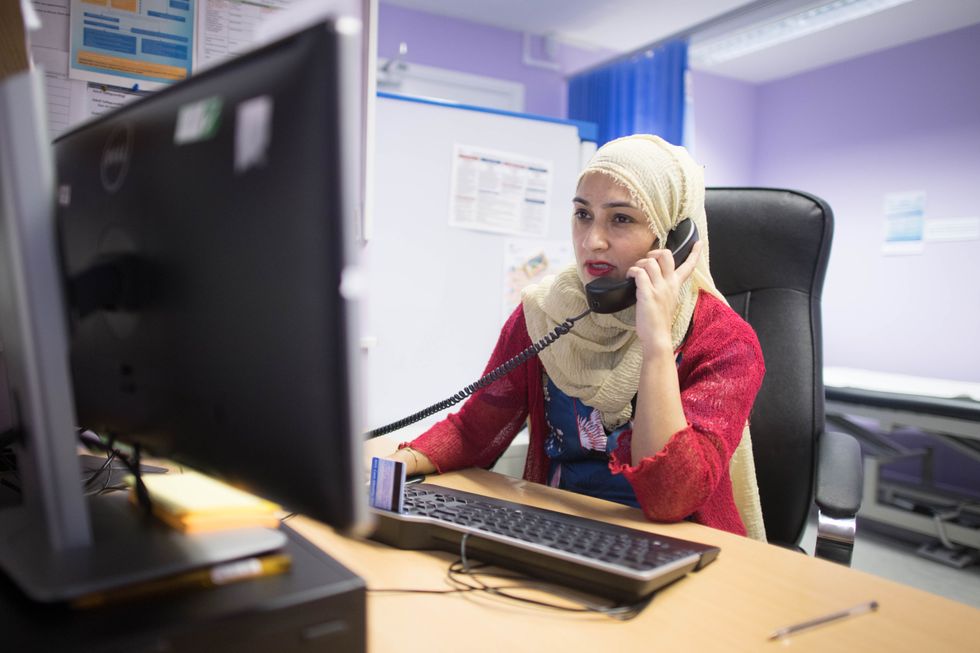
New measures will help enable staff to quickly identify patients and share their information from phone numbers
|PA
It has become increasingly common for patients to call in the mornings and be met by an engaged tone or be told to call back later.
The new phone system will also be integrated with the GPs clinical systems.
This will enable staff to quickly identify patients and share their information from phone numbers.
Around 6,500 “care navigator” training places will also be supported by Government funding as the role of GP receptionists is expanded.
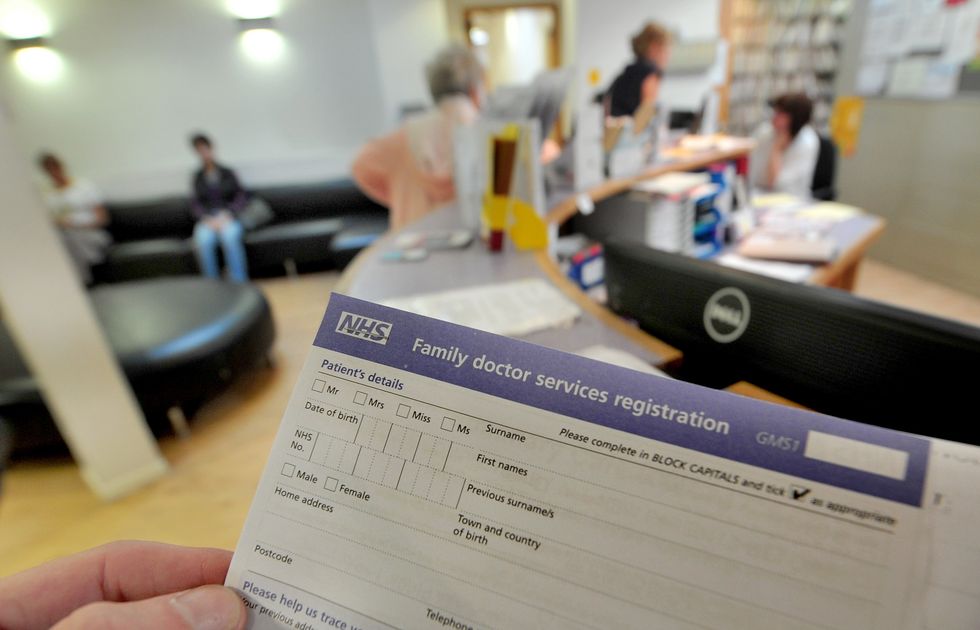
Experts in health policy have welcomed the move but warn the scale of the challenge should not be underestimated
|PA
Health Secretary Steve Barclays will announce that receptionists will help ensure that patients are directed to the most suitable healthcare professional.
He will also say that the process will be simplified and streamlined under the new process.
Barclay recently said: “I want to make sure people receive the right support when they contact their general practice and bring an end to the 8am scramble for appointments.
“To do this we are improving technology and reducing bureaucracy, increasing staffing and changing the way primary care services are provided.”
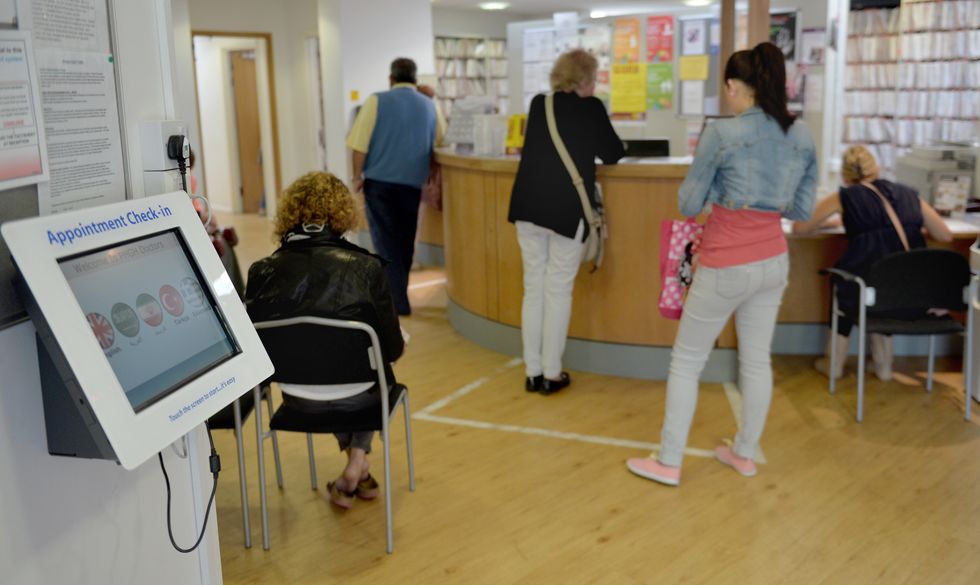
Whitehall hopes improved care navigation will help speed up appointments
|PA
The new measures can help make sure patients who want to see a named GP or preferred member of staff can do so.
Whitehall hopes improved care navigation can help direct 40 per cent of requests more effectively and speed up appointments.
The most recent GP Survey showed just 55 per cent of patients were satisfied with the appointment times available in 2022, down by almost 12 points compared to the previous year.
Experts in health policy have welcomed the move but warn the scale of the challenge should not be underestimated.
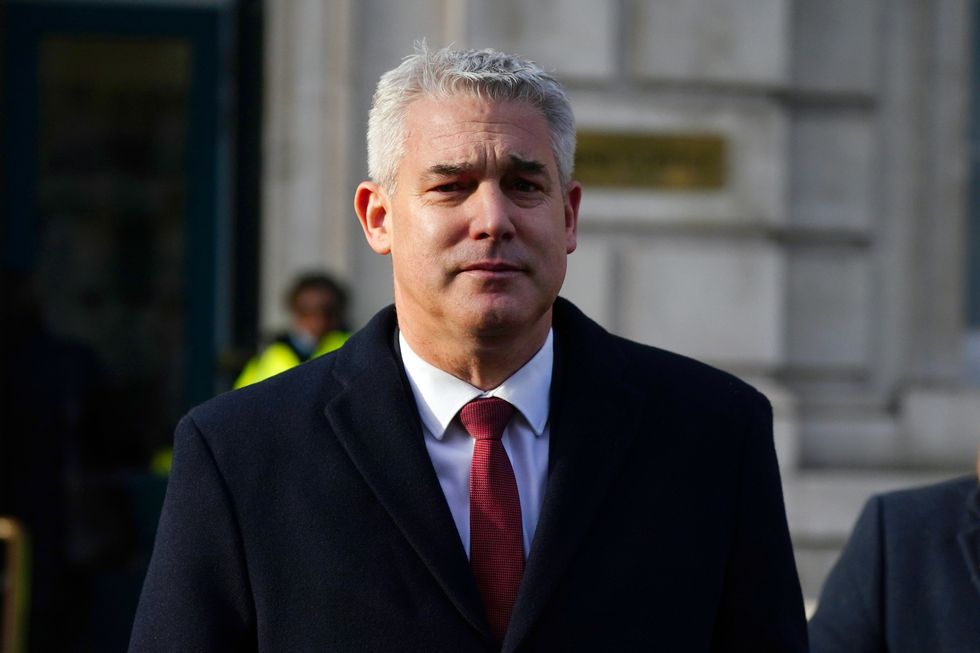
Steve Barclay will look to speed up the process for seeing a GP after Rishi Sunak pledged to cut waiting times
|PA
Professor Kamila Hawthorne, who chairs the Royal College of GPs, claimed: “The public need to be aware of what’s achievable.
"Politicians think that promising faster access will improve services and win votes, but many practices are already struggling for lack of GPs and other clinical staff, particularly those in communities with large numbers of patients with complex needs and disproportionate health inequalities.
“We need thousands more GPs, as we were promised at the last election in 2019, so that we can look after the increasing numbers of patients who need our care – and we look to the long-awaited NHS workforce plan with anticipation, to see how this will be achieved.”
Nuffield Trust senior clinical fellow Dr Rebecca Rosen added: “Most practices will require a root and branch redesign and these often-small teams will require a lot of support to make these ambitions a reality.
“A real test for the full plan is whether it provides enough cover from locum GPs to roll out this major shift in a way that protects access for those who struggle with digital or remote technology – it is not yet clear that this will be the case or whether the funding for this won’t be taken from other priorities.”







